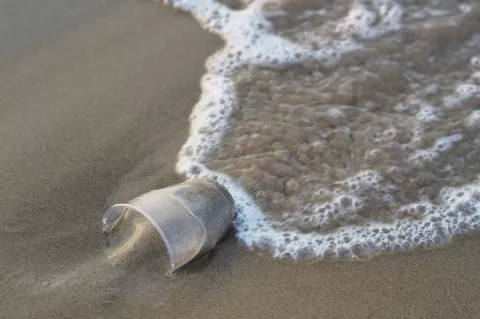Flights to and from Asia just got a lot longer for many divers
For many divers heading to Southeast Asia, their flight times have gotten a lot longer. Prior to the Russians invasion of Ukraine, many airline routes traversed Russian airspace en route to Southeast Asia. With the closure of Russian airspace to some international carriers, including many in Europe, airlines have been forced to seek alternate routes. For some flights from Europe, this is especially problematic, as Russia stands directly in the way.







